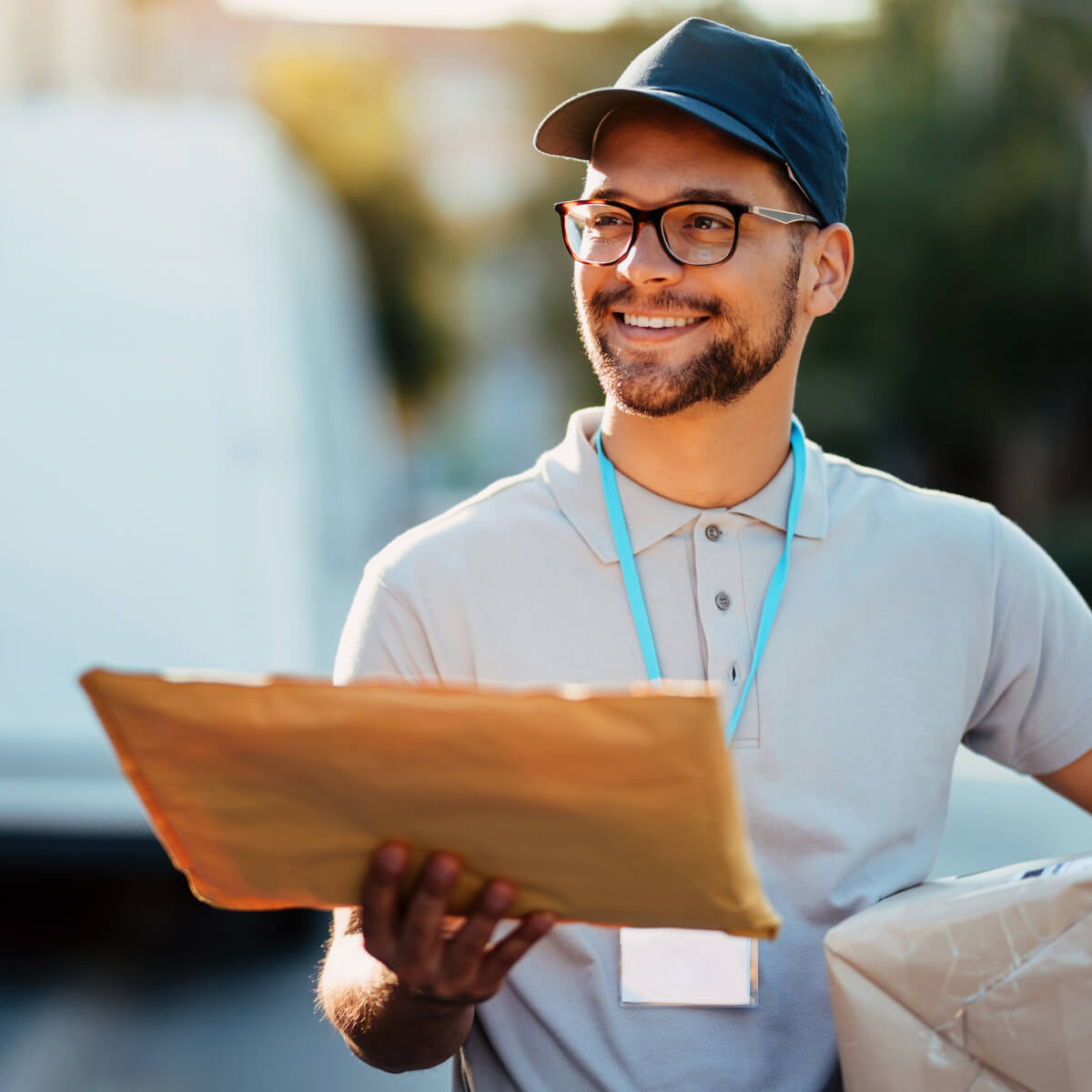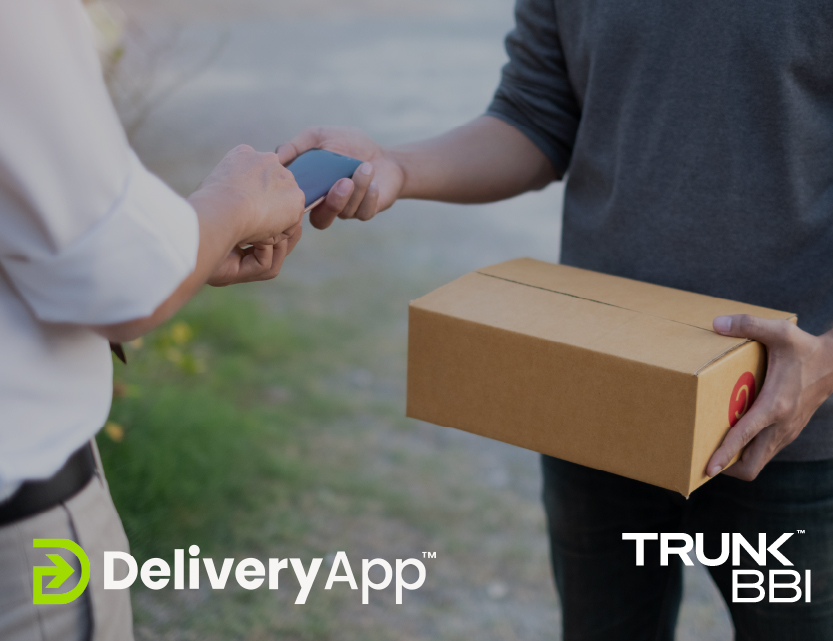We want online shopping and we want it now. Oh, and we want sustainability too.
The UK has rapidly become a nation of internet shoppers. Covid-19 added rocket fuel to the trend and now 86.7%1 of us regularly buy the stuff we want online. Naturally, we take an active interest in how these orders are delivered to us.
At TrunkBBI we have recently started working with DeliveryApp, a logistics company that’s proud to do things differently. They prioritise treating workers fairly, believing this will lead to more reliable service—and give them an edge over their competitors.
This refreshingly radical approach has got us thinking about the delivery business in general, so let’s explore some of the latest data and insights around this rapidly-evolving industry.
E-commerce: the e could stand for ‘everybody’
Official statistics show that usage of delivery services rose by 37.8% during 2020 and 2021. That was fuelled by the pandemic at first, with many physical shops closed. But the uptick in uptake has continued as Covid wanes. 89.6% of UK consumers are expected to be regular online shoppers by 2025.
That means almost everyone now has the same experience: spending a day waiting for a delivery with a mix of anticipation and anxiety. Whether we’re at home or at work, the nerves intensify as the clock ticks towards that all-important time slot.
Will the delivery be on schedule? Will it arrive at all? Will the consignment be hurled over a hedge or left at the wrong address?
As DeliveryApp has spotted, the main explanation for all this uncertainty is that delivery drivers tend to be unreliable because they’re overworked and underappreciated—yet our expectations of them are sky-high. Here’s why.
The “Amazon effect” is increasing the pressure on drivers
When we order something online, we’re less and less prepared to wait, increasing the pressure on couriers. Amazon and other e-commerce giants have conditioned everyone to want everything NOW.
- 33% of consumers expect faster shipping than they used to
- 40% are more likely than before to expect free delivery
- 42% expect items ordered online to arrive in under two days
So do we care about the drivers who are tearing around town in white vans to meet these exacting schedules? Thankfully, the evidence is that UK people do care about the welfare of delivery workers. They also care about the impact of deliveries on the planet.
We want them to deliver sustainability as well as reliability
E-commerce customers are demanding bunch. As well as craving speed and efficiency when they place an order, a recent report2 shows that 88% of online shoppers say that sustainability is either “very important” or “somewhat important” when they make purchasing decisions.
Furthermore, 66% say that sustainability has become more important to them because of the pandemic. Two-thirds of us also say we’re more likely to buy from a brand that offers carbon-neutral shipping—but with one big proviso… It mustn’t cost any more.
The message for e-commerce and delivery companies is that they should prioritise sustainability throughout the sales cycle for solid commercial reasons, as well as because it’s the right thing to do.
Being ethical can bring firms a commercial advantage—but only as long as they can match their competitors on cost. It looks like our friends at DeliveryApp might be on to something.
What does sustainability mean?
As you can see from this revealing chart, when e-commerce customers say they want sustainability, they mean it in a broad sense. A generally ethical approach to business, encompassing not only things like sustainable packaging, reusability, carbon-neutral shipping and locally sourced goods—but also the fair treatment of employees.
Are delivery businesses delivering?
Unfortunately, people may prefer to deal with environmentally aware and ethical companies, but they are often disappointed. H&M is one retailer that was recently called out for “greenwashing”—making claims about sustainability that were not born out by the way they do business. Their delivery partner is Evri who scored a mere 5.5 out of 20 when their environmental impact and treatment of workers were assessed by ethicalconsumer.org.
And this unreliability is looking like the norm throughout the industry. Evri (formerly Hermes) is not the only big delivery company with a negative image. Online forums and social media are buzzing with horror stories about lost deliveries and damaged goods. Our research revealed reports of unreliable tracking by DPD and UPS and failed pickups by Facebook Marketplace for example.
The conclusion is clear: the firms that bring our parcels to our doors are often letting down both sets of customers: the companies that send out goods and the buyers awaiting delivery.
As e-commerce customers ourselves (who isn’t one these days?) we see hope in DeliveryApp’s enlightened approach.
Like to hear more about TrunkBBI? Contact us today to speak to one of our strategy experts.




